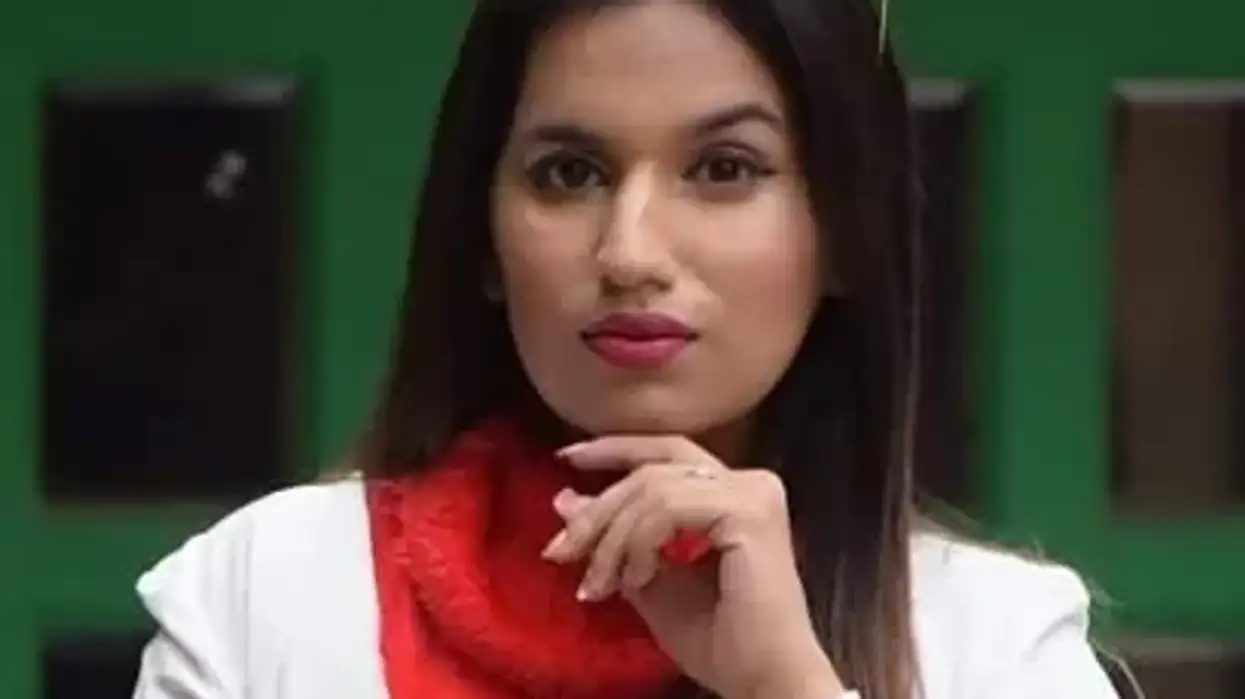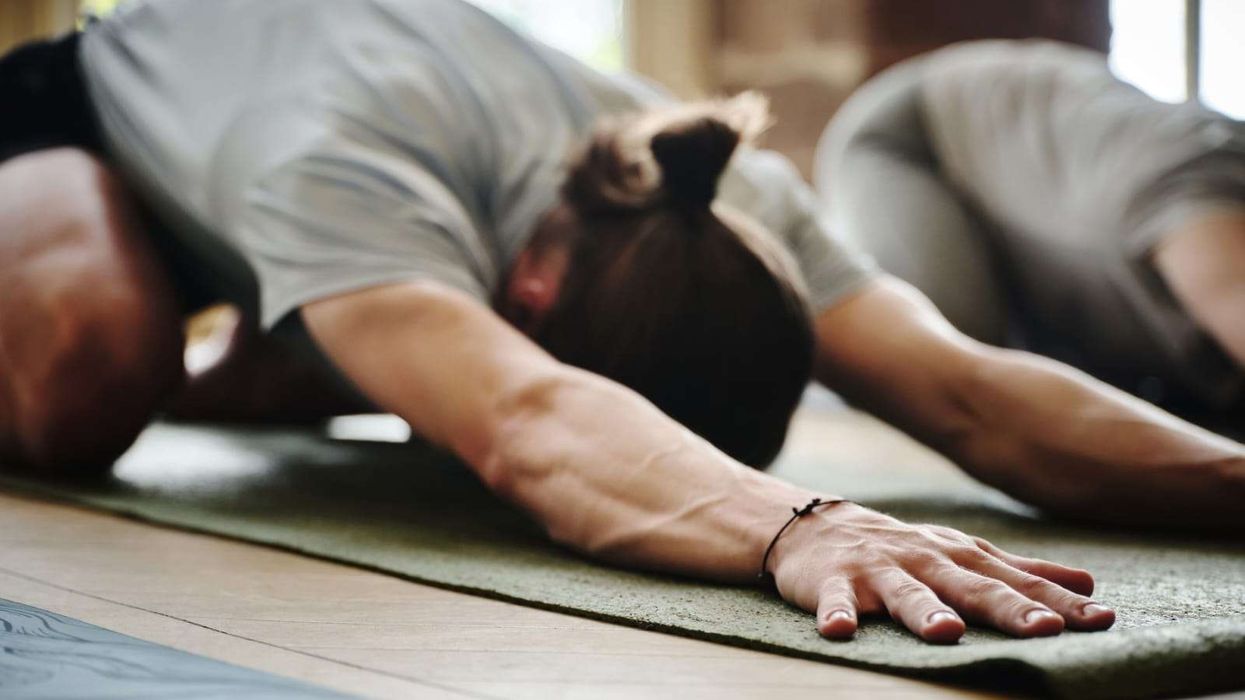BELIEVING that open communication is essential for women to take charge of their health and well-being inspired Simran Balar Jain to create content around uncomfortable conversations.
Many topics being considered taboo or uncomfortable in Indian society, especially women’s health and sexuality, drove her towards breaking the stigma and creating a safe space to openly discuss concerns and ask questions.
This has resulted in her creating videos on well-researched subjects like sex education, menstruation, women’s hygiene, anatomy, life hacks and more.
She tackles topics not discussed before on a South Asian platform in a fearless, but universally accessible way and has gained over 1.4 million followers on social media. Many young women have got sex education and information they would never get at home or at school through her videos. She also cleverly finds humour in sex education.
Eastern Eye caught up with the important content creator to discuss her unique videos, and uncomfortable conversations.
Did you expect to become so popular?
Honestly, I didn’t expect my content to become so popular. In the beginning I was focused on starting a dialogue and providing information to those who needed it. But I’m grateful for the overwhelming response and support.
Were you afraid of the controversy your videos might generate in a conservative Indian society?
Yes, I was initially apprehensive about the backlash my content might receive. However, I decided to focus on the positive impact and the need for these conversations to happen. Receiving a lot of support and encouragement from my followers helped me overcome my fears.
Which videos have you most enjoyed making?
I have enjoyed making all my videos, but the ones where I have been able to provide practical information and tips that can be used in day-to-day life are closest to my heart. These videos have been well-received, and I’m happy to have made a difference in someone’s life. I also love giving my own twist on viral trends, like on my ‘unprotected sex’ video.
Has there been a video that surprised you with its popularity?
Yes, there have been a few. One of my videos on menstrual cups was shared widely across social media platforms and received a lot of positive feedback. I was pleasantly surprised at the reach and impact of this video. Also, I was happy that so many girls shifted from sanitary napkins to menstrual cups, as it’s beneficial for them as well as the environment. The 10-minute video getting over six million views boosted my confidence to another level.
Is the attitude towards talking about sex within the south Asian community changing?
Yes, there is a change in the attitude towards talking about sex within the south Asian community. While there is still a long way to go, I have seen a significant shift in the younger generation’s willingness to talk openly about these topics. This is encouraging, and I hope it continues.
How important do you think is it to normalise difficult conversations?
It is incredibly important, especially when it comes to women’s health and sexuality. The more we talk about these issues, the more comfortable people will become discussing them openly. This, in turn, will lead to greater awareness and access to information, which is crucial for women’s health and well-being.
How important is the role of clear communication in a relationship?
It is the foundation of any healthy relationship. It is essential to communicate your thoughts and feelings openly and honestly with your partner. This helps build trust and fosters a deeper understanding between partners, leading to a more fulfilling relationship.
What inspires the wide variety of subjects you cover?
My inspiration comes from personal experiences, questions, and concerns I receive from my followers, and research on relevant topics. I try to cover subjects that are relevant, practical, and have the potential to make a positive impact.
Have you learned anything new while making these videos?
Yes, absolutely. As a content creator, I am constantly researching and learning new information to share with my audience. While making videos, I have come across a wealth of knowledge related to women’s health and hygiene, including new research findings, innovative products, and tips/tricks for managing common issues. I’ve also learned from my audience, who share their own experiences and questions with me. Overall, it has been a fantastic learning experience, and I feel grateful, sharing this knowledge with others.
Where do you find the many great hacks?
I find it from a variety of sources such as books, research articles, medical professionals, personal experiences, other women, and fellow content creators. I also keep up with the latest trends and innovations in women’s health and hygiene to share relevant information with my audience. I’m pursuing a lot of sex-ed courses as well.
Are you fearless?
Fearlessness is not something that comes naturally to anyone. However, I have learned to overcome my fears and push myself out of my comfort zone because I believe in the importance of my work. It takes courage to talk about taboo topics openly and honestly, but that’s essential to break down barriers of shame and stigma, preventing women from getting the information and support they need. Also, when it comes to content creation, you definitely require a thick skin.
How important is social media in educating people?
Social media has become an incredibly important tool for educating people on a wide range of topics, including women’s health and hygiene. It allows content creators like me to reach a global audience and share information that might not otherwise be accessible to people. Social media has also helped to create a community of likeminded individuals who can share experiences and support each other.
Can you tell us about your future plans?
I want to continue creating content that educates and empowers women, particularly in areas where there is a lack of information or support. I also want to explore new platforms and mediums to reach a broader audience and collaborate with other creators and organisations to make a positive impact in the world. Ultimately, my goal is to help break down barriers of shame and stigma around women’s health and hygiene, and create a more open and supportive society.












